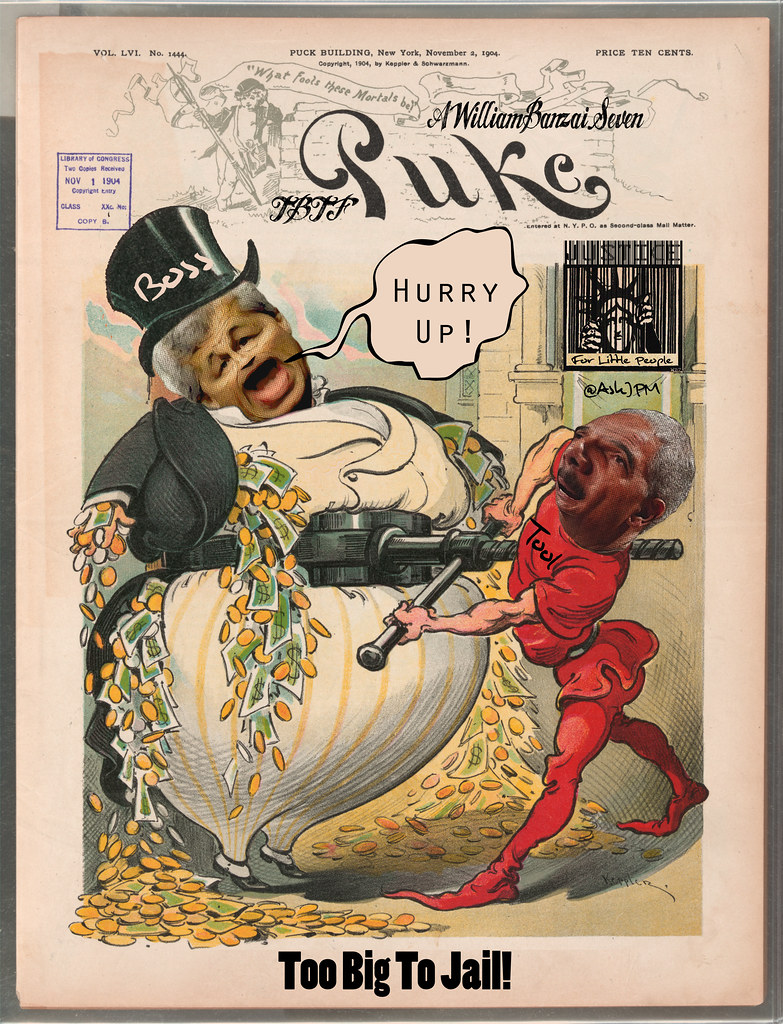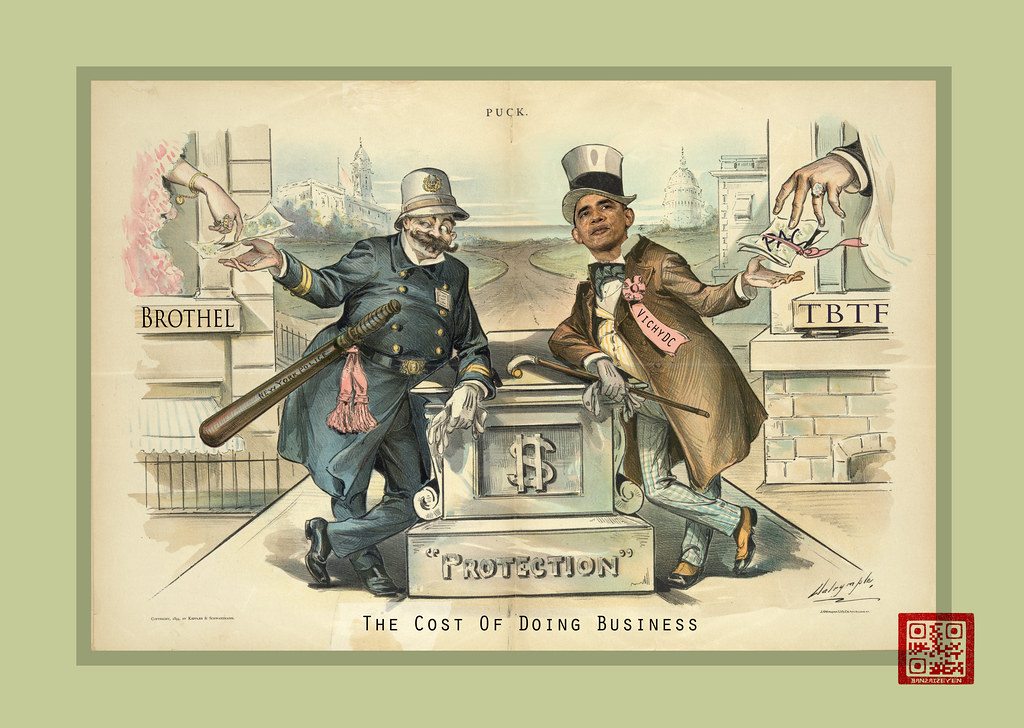While the FOMC Minutes due out in less than an hour is what everyone is looking forward to, the big surprise announcement of the day was the repeat of a rumor released initially 6 months ago, namely that the ECB is considering negative deposit rates – a concept we first speculated about back in June of 2012. Alas, just like last time, the latest incarnation of the NIRP rumor appears to be merely more hot air (and certainly will be exposed as such once the non-compliant mostly German ECB members hit the tape). One person who says not to hold your breath for an ECB negative rate, is Citi’s Valentin Marino, who says not only is a negative deposit rate unlikely before the results of the AQR and stress tests as it would accelerate bank deleveraging, but that it “could worsen the pervasive credit crunch and add to the growth headwinds and deflation risks in in the currency block. It would erode investors’ confidence in Eurozone’s financial institutions and accentuate their relative underperformance.”
Which of course makes sense: just like in the summer of 2011 when the ECB was leaking rumors left and right just to gauge which would have the highest market impact and be the most sticky (a plan subsequently adopted by Japan in late 2012 and early2013), this is just a “market test” by the ECB to see how much credibility its jawboning still has with the market, and how much of an impact it could derive should it truly go down this unprecedented path (which by the way would incinerate the European money market and crush short-dated funding).
But for now, following today’s 100 pip drop in the EURUSD, it appears to have saved European corporations for at least one more day (recall earlier today we reported just how crushed European corporate profits have been as a result of the soaring Euro). Tomorrow is another day.
Finally, there is another issue: should the ECB overshoot and send the Euro plunging, then that scary spectre of the summer of 2012, redenomination risk, would promptly arise again, setting off a chain reaction that would necessitate the “use” of that non-existant ECB deus ex machina, the OMT – something absolutely nobody in the ECB would be willing to risk, especially not with the German constitutional court decision still pending.
Full note from Citi:
EUR and the ECB – this time may mean business
Recent media reports indicated that the ECB is considering introducing negative rates of 0.1% on banks’ excess cash. The measure remains highly controversial ahead of the Eurozone banks’ AQR and stress tests. The headlines do highlight the resolve of the Governing Council to respond to persistent disinflation on the back currency appreciation. This should keep EUR under pressure going into the December policy meeting.
EUR came under selling pressure following media reports that the ECB is deliberating negative rates of -0.1%on the banks excess cash. If confirmed the policy should be seen as very negative for EUR with investors effectively being paid to spend EUR cash. Weaker EUR could help stimulate Eurozone exports and growth.
The above being said, we suspect that the measure remains highly controversial given concerns about the impact of the measure on banks’ profitability and willingness to lend. The amount of excess liquidity in the Eurozone is EUR174bn at present which implies losses of more than EUR170mn (Figure 1).
A potential penalty could lead to accelerated deleveraging by Eurozone banks ahead of the Asset Quality Review (AQR) and stress tests next year. The measure could worsen the pervasive credit crunch and add to the growth headwinds and deflation risks in in the currency block. It would erode investors’ confidence in Eurozone’s financial institutions and accentuate their relative underperformance. All that could reflect badly on EUR (Figure 2).
We think that the ECB may want to wait for the outcome of AQR and the stress tests for the Eurozone banks before considering the negative deposit rate measure. Going into the December meeting the Governing Council may consider some of the options below. All that should keep the cyclical headwinds for EUR firmly in place:
1/ LTRO – the Governing Council could indicate it is working on a long-term refinancing program that will help anchor rate expectations, alleviate any liquidity pressures in the Eurozone banking sector ahead of AQR and stress tests and avoid renewed funding tensions in the periphery. So far the Governing Council has been rather vague about any new long-term liquidity measures so that the timing of the announcement could come as a dovish surprise and could weigh on euro.
2/ QE – Indications that the Governing Council is looking into more aggressive policy options like QE and negative deposit rates. Recent comments by ECB’s chief economist Peter Praet signaled that such measures could be considered. Media reports over the summer seemed to suggest that the ECB may be looking into buying GDP-weighted amounts of Eurozone bonds potentially in the same way it purchased bonds under the SMP program. Indications by President Draghi that QE is among the options considered alongside LTRO could be perceived as quite dovish and send EUR lower.
3/ A refi or depo rate cut or indications that the ECB deliberated more cuts of refi or deposit rate. If the experience of the FOMC or the SNB is anything to go by, the Governing council may opt to introduce a band for the refi rate between zero and 25bp. Negative deposit rates seem less likely to us for the time being. The ECB may want to wait for the outcome of AQR and the stress tests for the Eurozone banks before considering the measure. Signals that more rate cuts are coming could also keep cyclical headwinds in place for the euro.
4/ FX market intervention – with the EUR TWI index close to multi-year highs some clients were discussing the possibility of unilateral or concerted intervention in the euro. The ECB engaged in concerted interventions in the FX markets to arrest the sharp EUR depreciation in 2000. The actions came on the back of decisions by Eurozone finance and economy ministers. An FX intervention seems less likely at present given that the G20 countries have agreed to refrain from actions that could target exchange rates. What is more, G20 central banks have agreed to pursue domestic goals (fighting disinflation) by using domestic instruments (no Forex). We suspect that it would take excessive EUR appreciation in combination with severe escalation in market volatility for FX interventions to be considered.
![]()
via Zero Hedge http://feedproxy.google.com/~r/zerohedge/feed/~3/UEa0DR3C_I0/story01.htm Tyler Durden








 Flooded with emails accusing Robert Sarvis’
Flooded with emails accusing Robert Sarvis’







